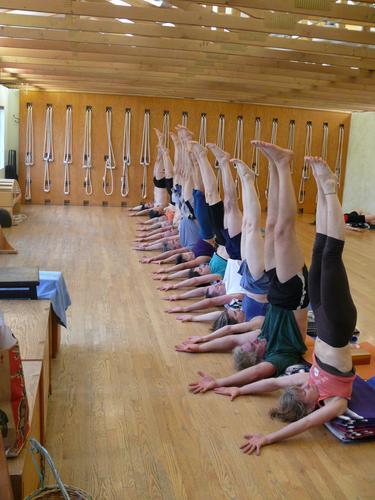There is a phrase which has stuck in my mind for decades: “So much hinted at in play never materialized in practice.” – Anne McCaffrey. I think of it every time someone talks about their beliefs as something different than how they live. Many languages and cultures have no words or concepts for this type of separation or if they do they label it as illness. Yet our intensely interconnected, communicative, interactive world fosters this type of living. Where we can have avatars, personas, and masks which create a gap between our inner lives and our external reality.
Religions and spirituality call us to work on this from the inside out. To discover what we believe or what we should believe, then take action to manifest this into the world. This takes a variety of forms from dedicating your life to one spiritual practice over all others, to focus on being in the now, to the journey of discovering what your beliefs are as they mature, grow, and become through a lifetime of experiences and everything in between. What all this has in common is an assumption that our beliefs are somehow better than our day-to-day actions. That what we do in life tends towards selfishness, mediocrity, and the path of least resistance. We are sinners, as it were, broken and seeking redemption or healing through our higher nature which our consciousness comes to know through inspiration and enlightenment. From these are created beliefs, a framework which we can use to correct our fallen nature.
But what if our nature is not fallen or broken? What if left to our own devices our choices have their own rhythm, one which leads us to materialize a life which is full of learning, good works, interconnection, epiphanies and joys all without a framework of defined beliefs? How amazing would it be to discover what you believe in through looking at what you have chosen to be and do? Espousing principles and beliefs is one thing, but allowing the experience of “putting your money where your mouth is” is transformational even if it just confirms what you already knew intellectually. Instead of waiting to do something until you fully understand it and yourself, until you’re ready and know you will be successful, allowing the doing of something to materialize who you are can be a radical means of identifying what you believe. It’s why they call them defining moments, I guess.

